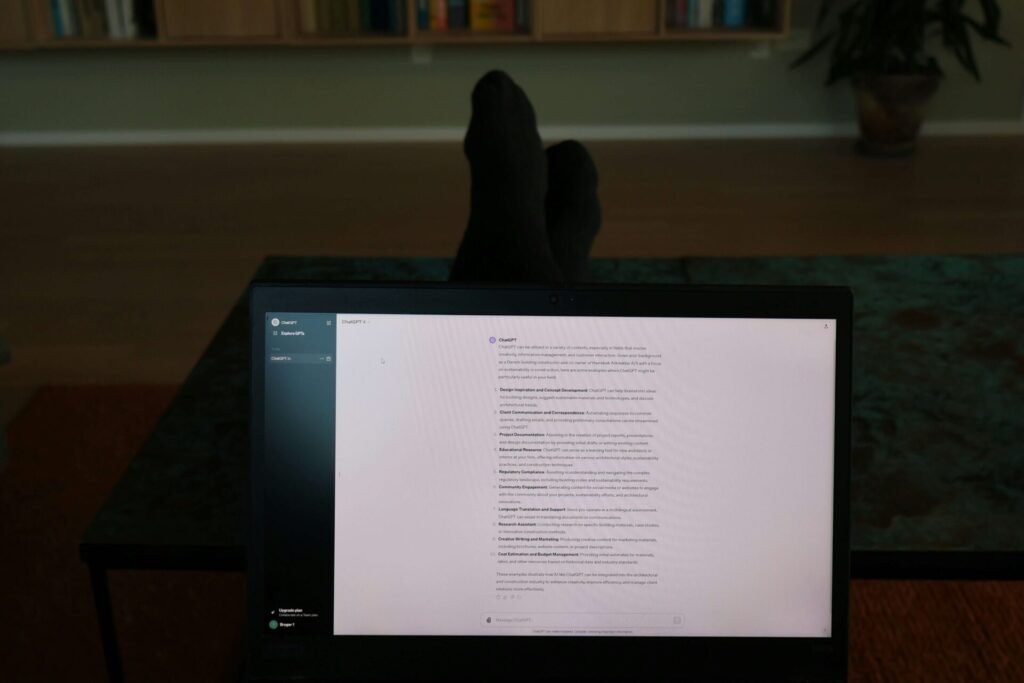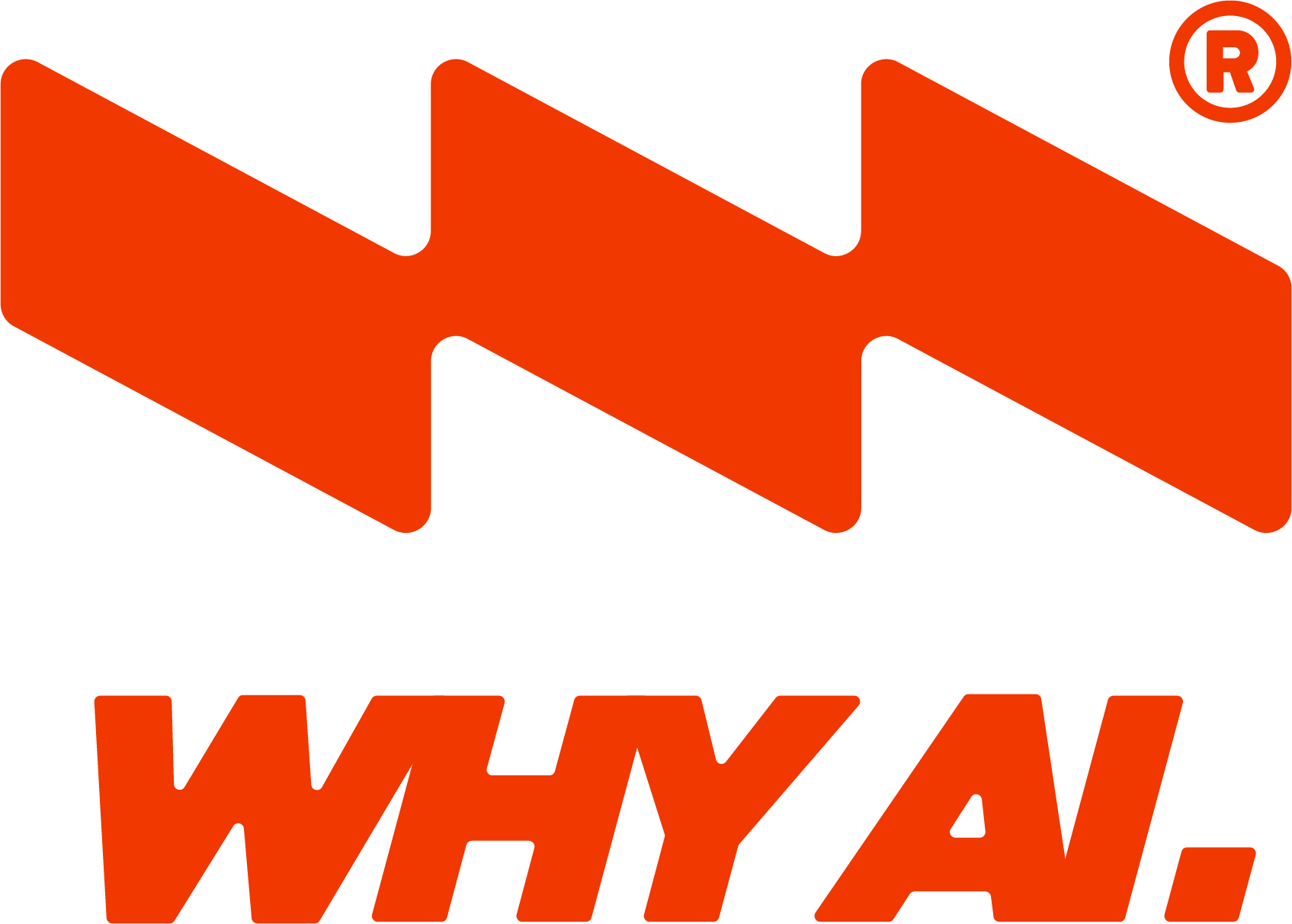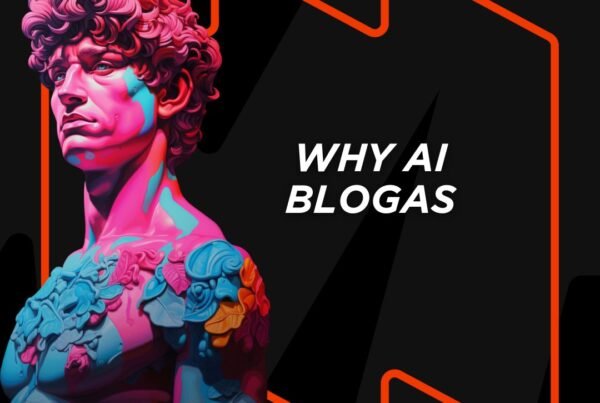
Artificial Intelligence (AI) is now rapidly transforming business processes, increasing employee efficiency, generating valuable ideas and helping to automate work. From content creation to customer service, IoT is finding a helping hand in every business position. Let’s discuss some of the most important applications of IoT in business.
Content creation and automation
Content creation, one of the areas most widely covered by the IoT. Whether you need a brilliant article, social media posts or product category descriptions, just shout a prompt and DI will help you. Automated content generation tools such as copywriting apps like the popular ChatGPT or Claude.AI and image generation algorithms such as Midjourney make it possible to create content in a variety of formats quickly and efficiently. Best of all, even artificially created content can be adapted to the tone of your company’s communication, reducing artificiality.
Generating product designs
IoT also helps with product design. You don’t have to work so hard on your own, because IoT can generate new product designs that meet the needs of the market using algorithms that analyse consumer preferences, trends and even competitors’ offers.
Tools such as Autodesk Fusion 360 and SolidWorks allow designers to enter the desired design guidelines and the IoT itself generates different variations of shapes, structures and colours. For example, Nike used AI to design the Flyprint running shoe – the AI generated many different versions of the shoe’s upper design, which were then used to select the one that fit best.
Data analysis and forecasting
Another advantage of the IoT is the ability to analyse large amounts of data that are beyond human capacity. IoT tools can process and analyse data in real time, identifying trends that help businesses forecast sales, improve inventory management and even identify potential problems before they occur. For example, Starbucks uses IoT tools to assess the buying habits of loyal customers and provide personalised offers or discounts to increase customer loyalty and encourage more frequent visits.
Virtual assistants to optimise business operations
Who wouldn’t want an assistant to help with boring tasks? IoT-based virtual assistants are becoming increasingly popular in the everyday life of companies. They can carry out a wide range of tasks such as calendar management, organising meetings, searching for information, etc. Best of all, they are always punctual and need neither a salary nor a coffee.
Meanwhile, with virtual assistants, employees can focus on more creative and strategic tasks instead of routine tasks. This not only increases work efficiency, but also reduces the likelihood of errors, as automated processes are less prone to human error.
Marketing campaigns
It’s easier than ever to create a marketing campaign with IoT. Businesses can analyse consumer behaviour using IoT algorithms to create personalised marketing strategies. For example, based on consumers’ purchase history, AI can make recommendations and personalised offers that boost sales, and by analysing data on which ads work best, it can help decide where to invest advertising budgets.
Some of the most useful tools for creating marketing campaigns are ChatGPT for analysis and content writing, Jasper for copywriting, Clearscope for content optimisation or Zapier for app integration, but there are many others that are worth trying out in your own field.
Customer service automation
Chatbots and automated customer service systems can quickly respond to essential customer queries with information about products, services or orders. Some voice chatbots are already so good at mimicking the human voice that customers may not realise whether there is a real person on the other end of the phone or just a robot.
Ideally, such customer support systems are available 7 days a week and 24 hours a day, so customers can get answers at any time. This not only increases customer satisfaction, but also reduces the workload on staff, allowing them to focus on more complex cases.
Generating reports and documents
Automated reporting tools such as Tableau, Google Data Studio, Power BI or others can quickly and accurately generate financial, marketing or other reports by analysing data and presenting it in attractive formats. This helps businesses to interpret information and make meaningful decisions much faster. For example, Lemonade, an IoT-based insurance company, analyses insurance claims and automatically generates claims analysis reports, making compensation decisions significantly faster.
Artificial Intelligence is undoubtedly transforming business processes today, making companies more efficient and saving resources. From content creation to customer service, IoT technologies are keeping pace with business. Of course, this can lead to fears among employees – “What if I’m replaced by IoT?” However, while most business processes today still require a human to control them, IoT is becoming an indispensable aid in adapting to an ever-changing marketplace, automating repetitive tasks and accelerating business processes.

